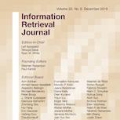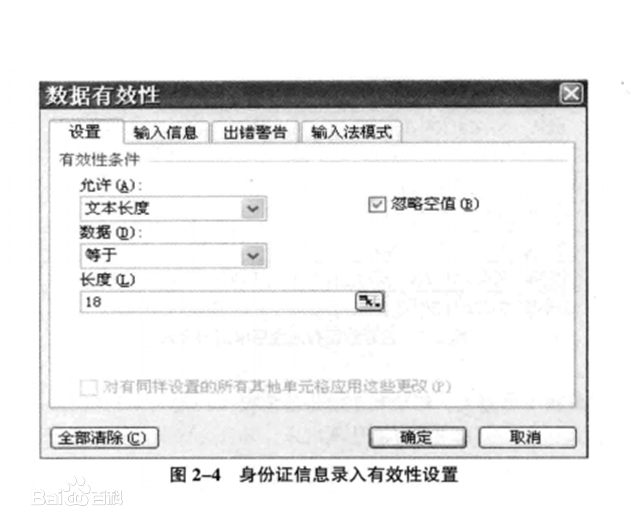This paper presents a three-component work. The first component sets the overall theoretical context which lies in the argument that the increasing complexity of the world has made it more difficult for International Relations (IR) to succeed both in theory and practice. The era of information and the events of the 21st century have moved IR theory and practice away from real policy making (Walt, 2016) and have made it entrenched in opinions and political theories difficult to prove. At the same time, the rise of the "Fourth Paradigm - Data Intensive Scientific Discovery" (Hey et al., 2009) and the strengthening of data science offer an alternative: "Computational International Relations" (Unver, 2018). The use of traditional and contemporary data-centered tools can help to update the field of IR by making it more relevant to reality (Koutsoupias, Mikelis, 2020). The "wedding" between Data Science and IR is no panacea though. Changes are required both in perceptions and practices. Above all, for Data Science to enter IR, the relevant data must exist. This is where the second component comes into play. I mine the CIA World Factbook which provides cross-domain data covering all countries of the world. Then, I execute various data preprocessing tasks peaking in simple machine learning which imputes missing values providing with a more complete dataset. Lastly, the third component presents various projects making use of the produced dataset in order to illustrate the relevance of Data Science to IR through practical examples. Then, ideas regarding the future development of this project are discussed in order to optimize it and ensure continuity. Overall, I hope to contribute to the "fourth paradigm" discussion in IR by providing practical examples while providing at the same time the fuel for future research.
翻译:本文展示了三部分的工作。 第一部分设定了总体理论背景。 理论背景在于,世界日益复杂,使得国际关系在理论和实践上更难取得成功。 信息时代和21世纪的事件使IR理论和实践脱离了真正的决策( Walt, 2016年), 并使它在观点和政治理论中难以证明。 与此同时, “ 第四位参数- 数据强化科学发现” (Hey等人, 2009年) 的兴起和数据科学的加强提供了替代数据: “ 理论化国际关系” (Unver, 2018年) 。 使用传统和当代数据化工具可以帮助更新IR领域,使其与现实更加相关( Koutsoupias, Mikelix, 2020年)。 数据科学与IR 之间的“ 转变” 并不是万灵药。 需要时间和做法的变化, 最重要的是, 数据科学进入IR, 相关数据必须存在。 这是第二个部分, 用来进行关于“ 理论化的国际关系” (Unververver, Unver, Unversal) ex districal distrual ex dicience) ex distrue distrual ex ex ex ex




